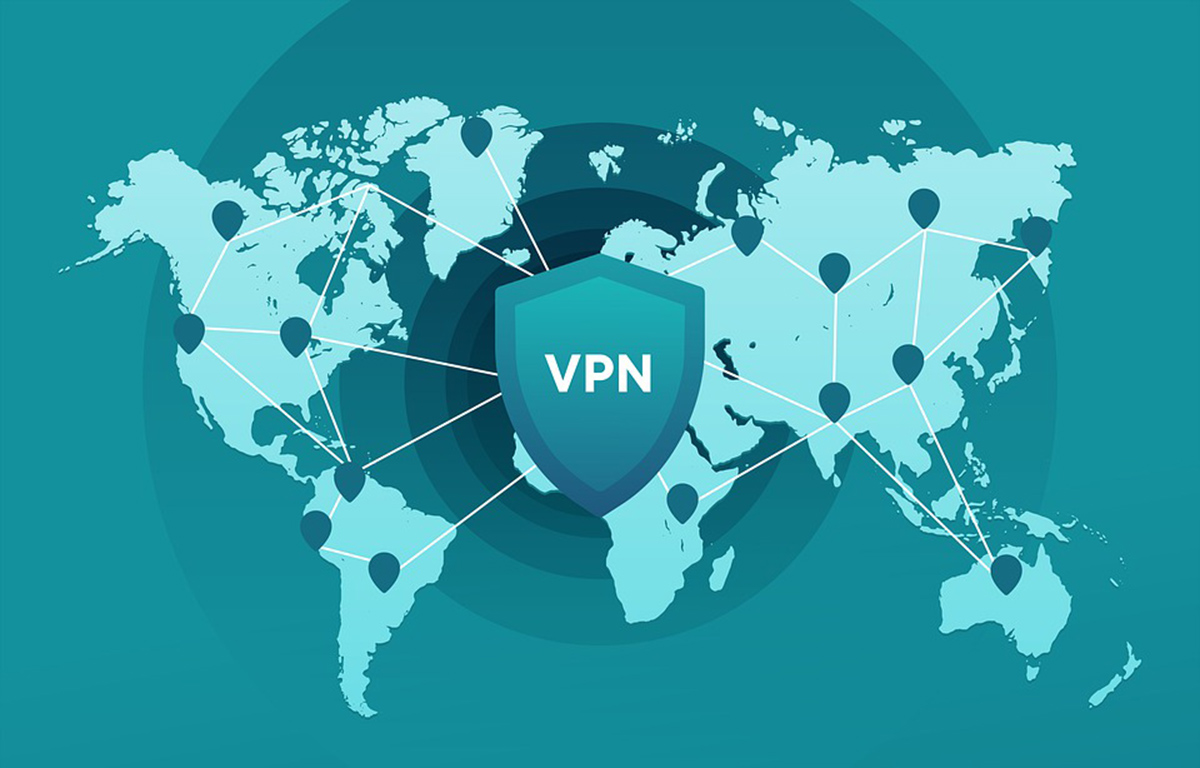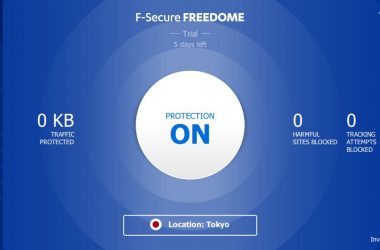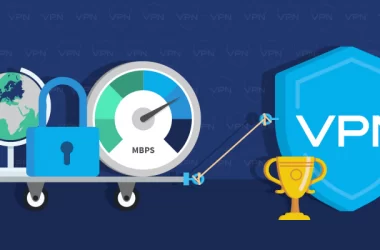VPN stands for “Virtual Private Network”. It is a technology that creates an encrypted connection between your computer and a VPN server. This type of connection prevents anyone on the internet from monitoring or interfering with your online activities. VPNs can be used to bypass geo-restrictions and censorship, unblock websites, and protect your privacy. They are also useful for connecting to corporate networks when outside of your office area. There are many different types of VPNs available, so it is important to choose one that is suited for your needs. Some of the most popular types of VPNs include PPTP, L2TP/IPsec, and OpenVPN. PPTP is the most common type of VPN and is very simple to use. L2TP/IPsec is more secure than PPTP and allows for multiple simultaneous connections.
How to set up a VPN: Your basic setup
If you’re looking to keep your internet activity and data private, a virtual private network (VPN) can help. A VPN connects you to a private network, creating an encrypted tunnel between your computer and the VPN server. This way, all of your online activity – whether you’re browsing the web, streaming TV shows and movies, or working on important documents – is protected.

To set up a VPN, you need to first find a provider that offers a service. There are many providers available online, but some are cheaper than others. Once you have selected a provider, download their software and create an account. Next, connect to the provider’s VPN server using your computer’s internet connection. Finally, complete the necessary configuration steps on your computer to enable the VPN service.
What to do when you’re connected: How the VPN works
When you’re online, your data is traveling through a network of interconnected computers. That means anyone with access to that network—whether it’s an enemy spy or a malicious hacker—can see what you’re doing and steal your information. To protect yourself, you need to use a virtual private network (VPN). A VPN encrypts all the traffic flowing between your computer and the VPN server, obscuring it from snoopers.
There are several different types of VPNs:
- A basic and goedkope vpn creates an encrypted tunnel between your computer and the VPN server. This type of VPN is easy to set up and doesn’t require any special software or configuration on your part.
- A more advanced VPN, such as IPsec (which is used by Windows and a few other operating systems), creates an encrypted tunnel between your computer and the VPN server. This kind of VPN requires special software and configuration on your part. 3.
Protecting your data:
Are you worried about the security of your personal data? If so, you may want to consider using a VPN. A VPN is a virtual private network, which helps protect your data by encrypting it and sending it through an intermediary server. This article will help you understand what a VPN is, how to use one, and what benefits it may offer.
What Is a VPN?
A VPN is a virtual private network. In layman’s terms, this means that it creates an encrypted tunnel between your computer and the remote server. All of your traffic (including web browsing, file downloads, etc.) travels through this tunnel, so neither party can see or track the information being sent. This is particularly important if you’re concerned about the security of your data – a VPN can help protect you from hackers and other cyber-threats.

Why a VPN is essential for online privacy
If you want to keep your browsing activities and personal information confidential, a VPN is essential. This technology creates a secure tunnel between your computer and the VPN server, encrypting all of your data as it travels between you and the VPN provider. In this guide, we’ll explain how to use a VPN and recommend the best providers for both personal and business use.
A VPN can protect your privacy in a few different ways. First, a VPN masks your real IP address so that your online activity cannot be traced back to you. This is especially important if you’re concerned about surveillance or cyber-bullying. Second, a VPN keeps your traffic encrypted so that anyone monitoring your internet connection will not be able to decipher the contents of your packets. This protects both your privacy and security anonymity online.


